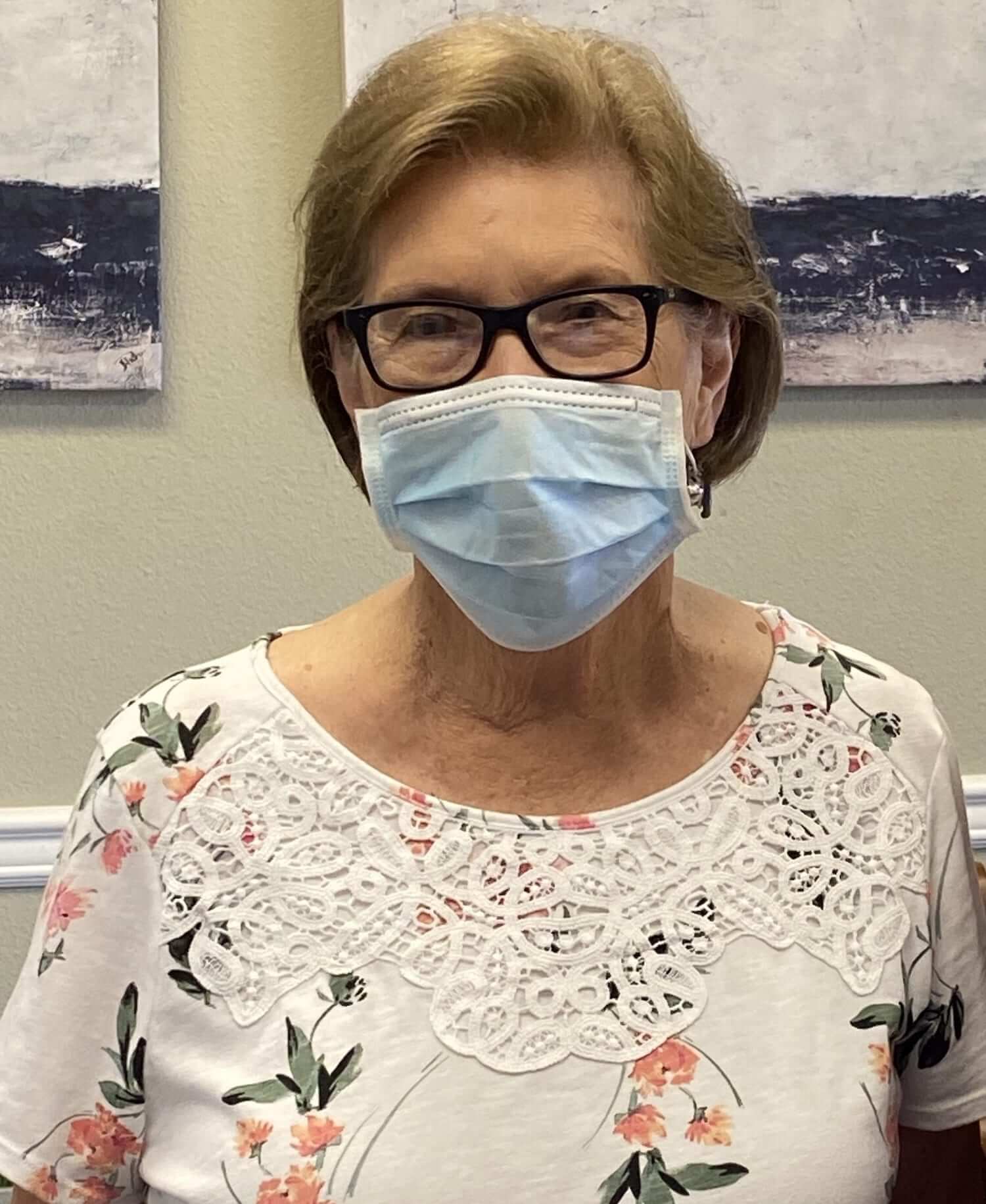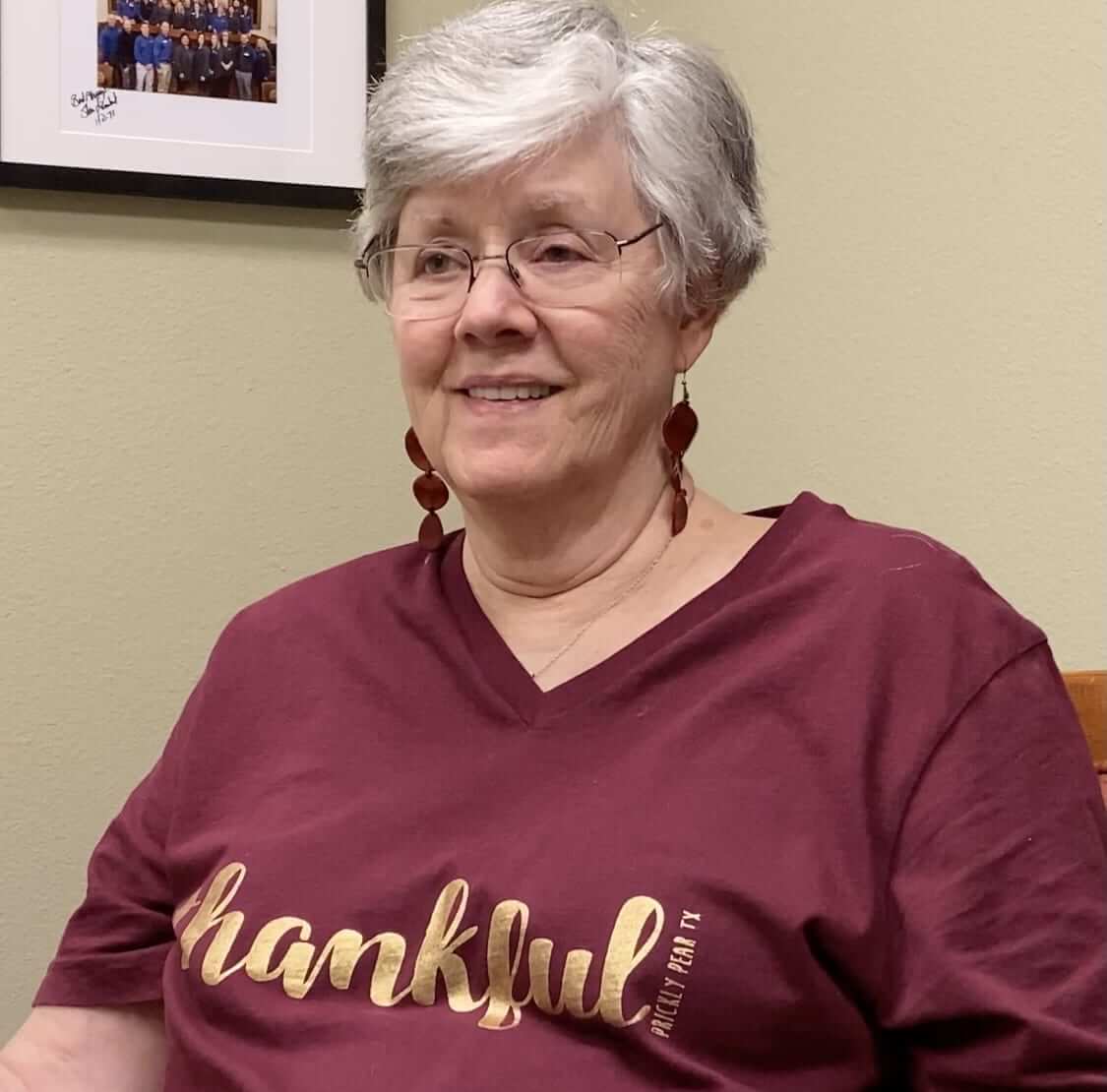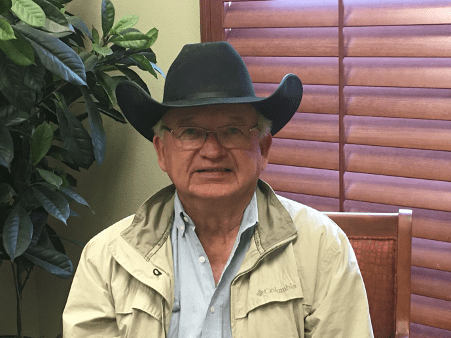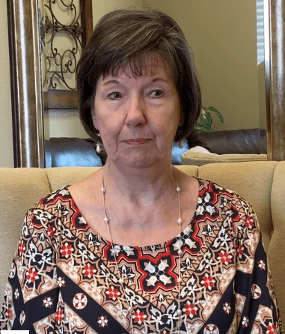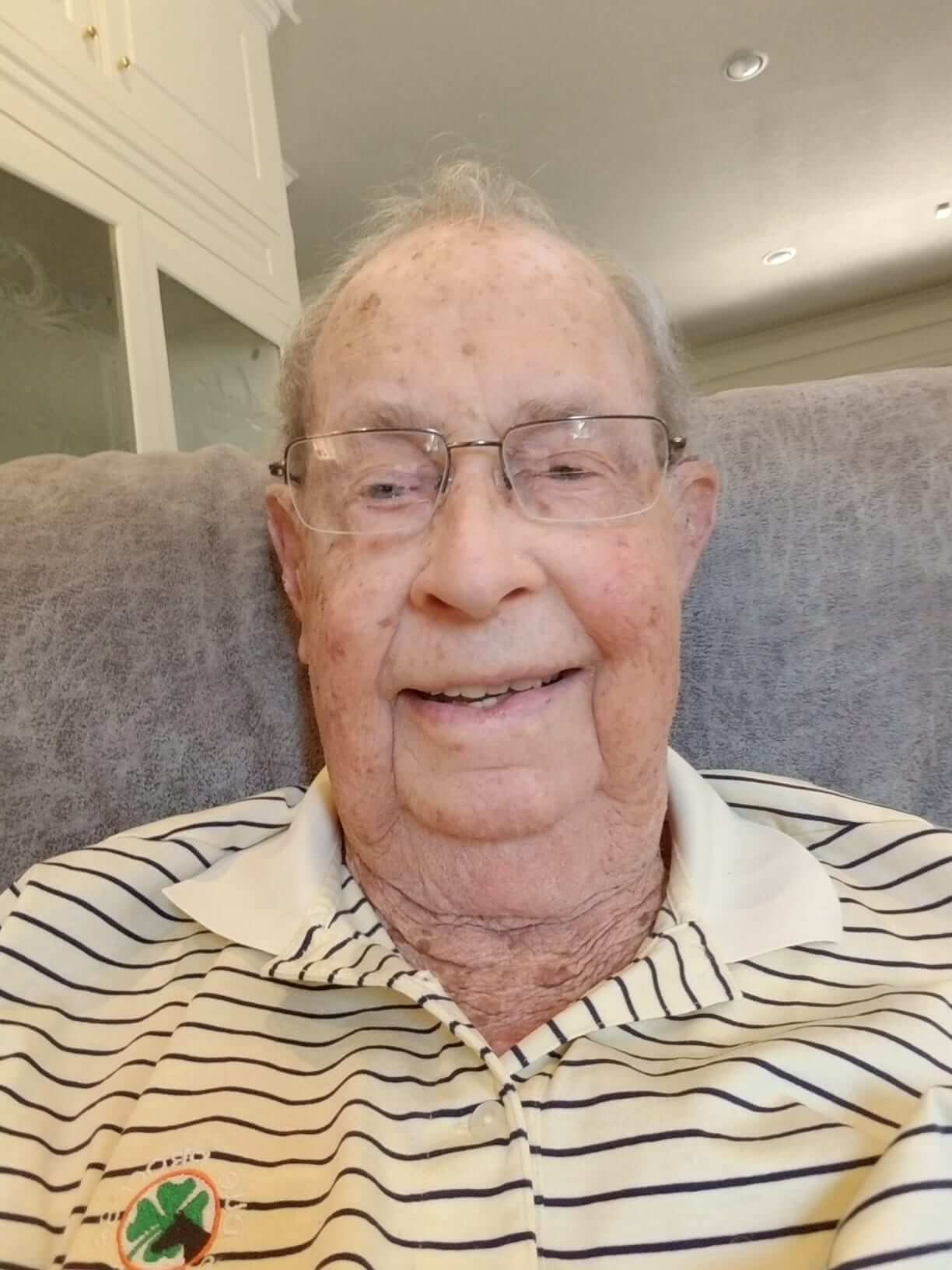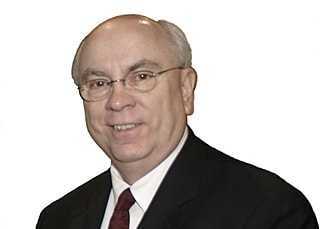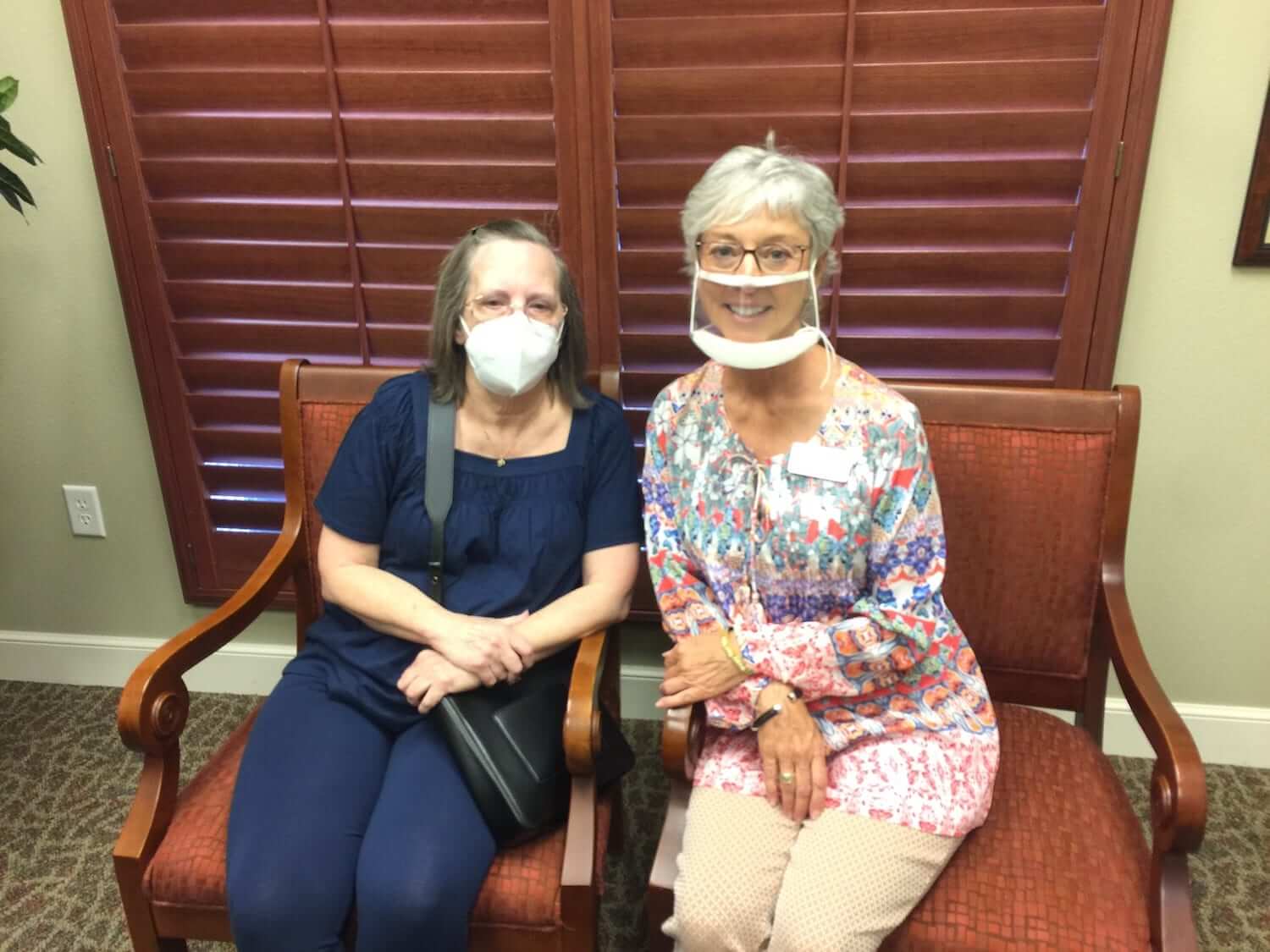During Hearing Health Awareness Month, the Holland Hearing Center team is reaching out to people across Abilene about the best ways to prevent and treat hearing loss.
One of the most important steps in this whole process is the hearing assessment – a consultation process where a person begins their journey to better hearing.
However, not many people know exactly how this crucially important step works.
So we’ve put together an outline of what you can expect during your first hearing assessment at Holland Hearing Center.
Let’s talk
Initially, your doctor of audiology will simply want to find out about what brought you to Holland Hearing at this time.
Some may be aware that they’re finding it hard to hear in certain situations. Others may want to get a baseline measurement of their hearing capacity.
After this, your doctor of audiology will ask you about your medical case history, so they know if your past experiences might have affected your hearing.
They’ll also want to know if anyone in your family had a hearing loss – as occasionally conditions can be passed down through generations.
Initial inspections
Next, your doctor of audiology will look inside your ears for any signs of an issue.
They’ll begin with your ear canal, as this can become blocked due to wax build-up or, sometimes, a foreign object.
Afterwards, they’ll take a look at your eardrum to make sure it appears healthy.
More specifically, they will be examining if there’s any trapped fluid and that the bones in your middle ear space are functioning correctly.
Once they are happy with this inspection, they’ll progress to the next phase of the assessment.
The hearing tests
For the hearing tests, most people will enter our sound booth and put on a pair of headphones. However, this is now also possible to conduct outside via our curbside service.
To start, your doctor of audiology will want to find out your hearing threshold.
They’ll do this by playing a series of beeps over a time period, which will decrease in volume. All you’ll need to do is click a button when you hear a sound.
After this, they’ll ask you to repeat certain words and phrases. This will demonstrate how well your auditory nerves, located deep inside your ears, are performing.
Finally, they’ll ask you to communicate in the presence of different background noises. This will tell them how well your hearing performs in a “real world” situation.
The final review stage
Following all these tests, your doctor of audiology will have a strong understanding of what treatment might suit your condition.
And if you’re a good candidate for hearing aids, they can demonstrate the amazing potential of this technology to you right away.
You’ll also be able to hear the difference for yourself by trialing a device in a “real world” scenario.
Once you feel ready to move forward, they can provide you with plenty of expert insights into what might be the best device for your condition, environment, and level of investment.
Do you have a concern or know someone who might? Contact the team at Holland Hearing, and they’ll go the extra mile to help you!






